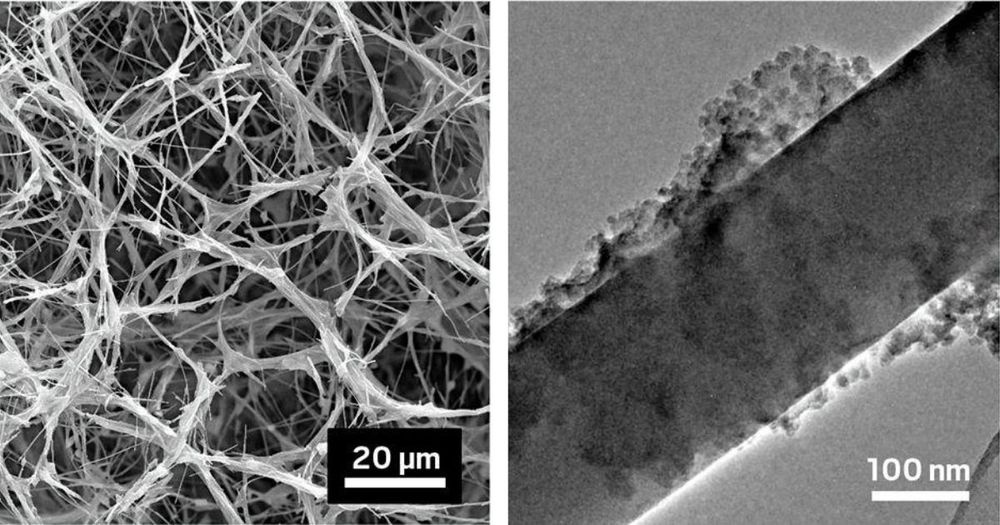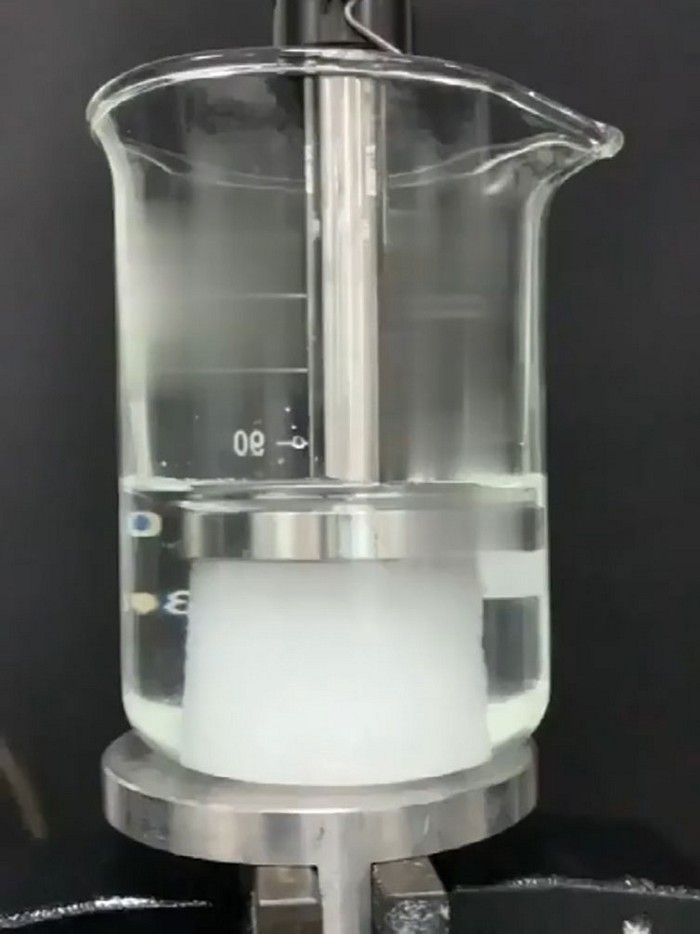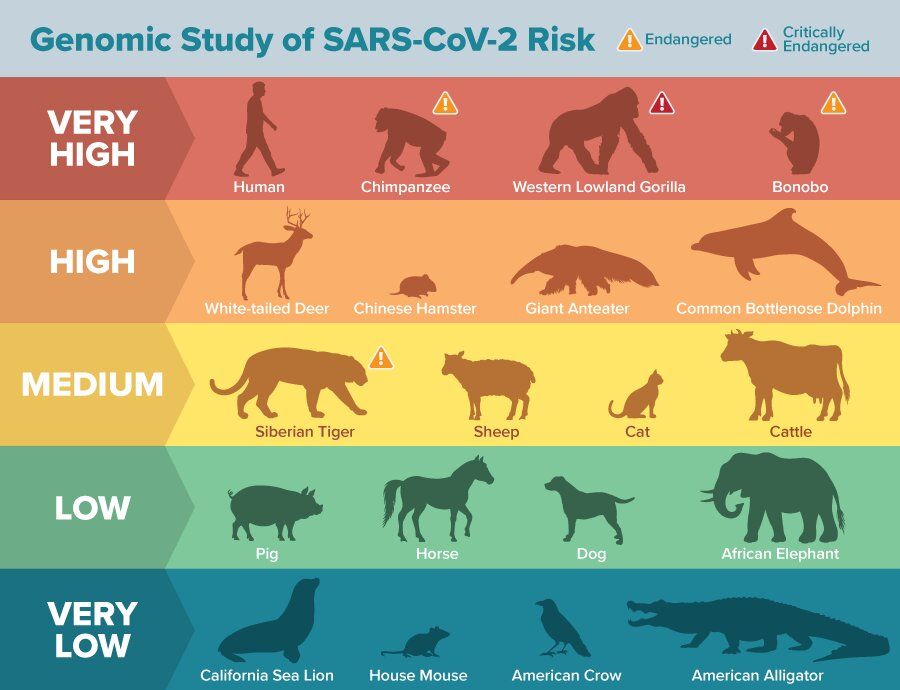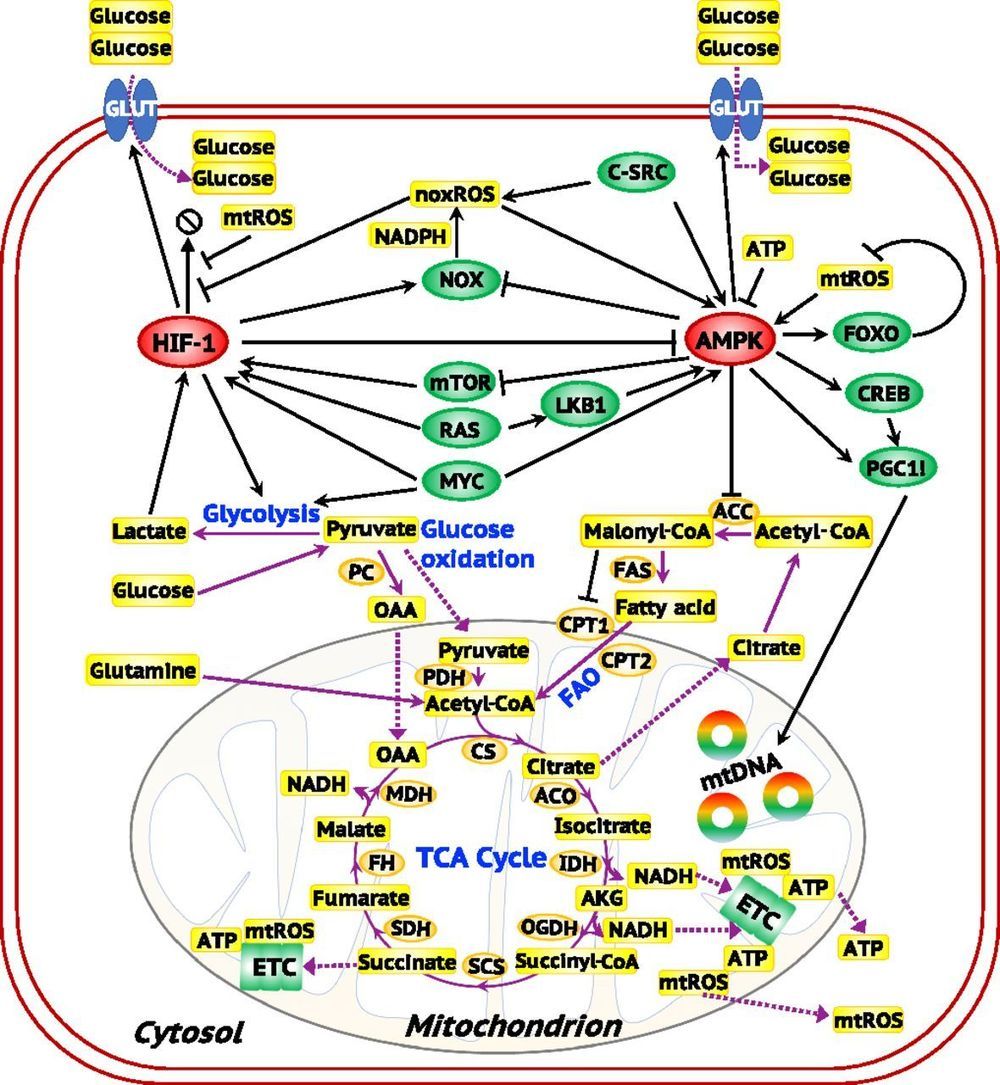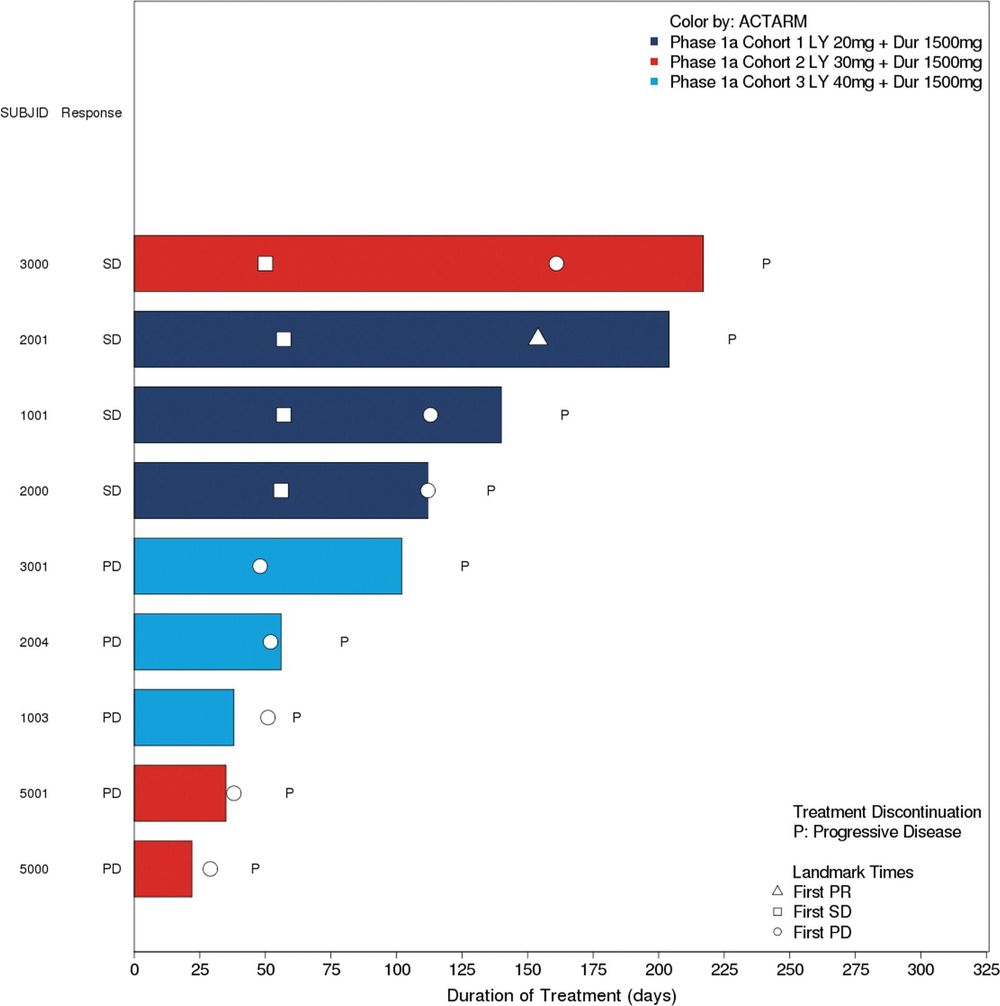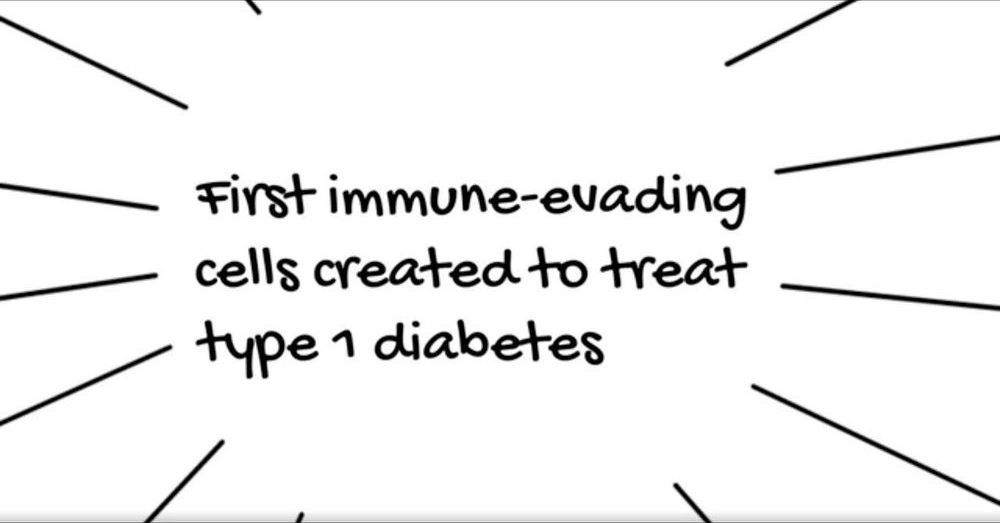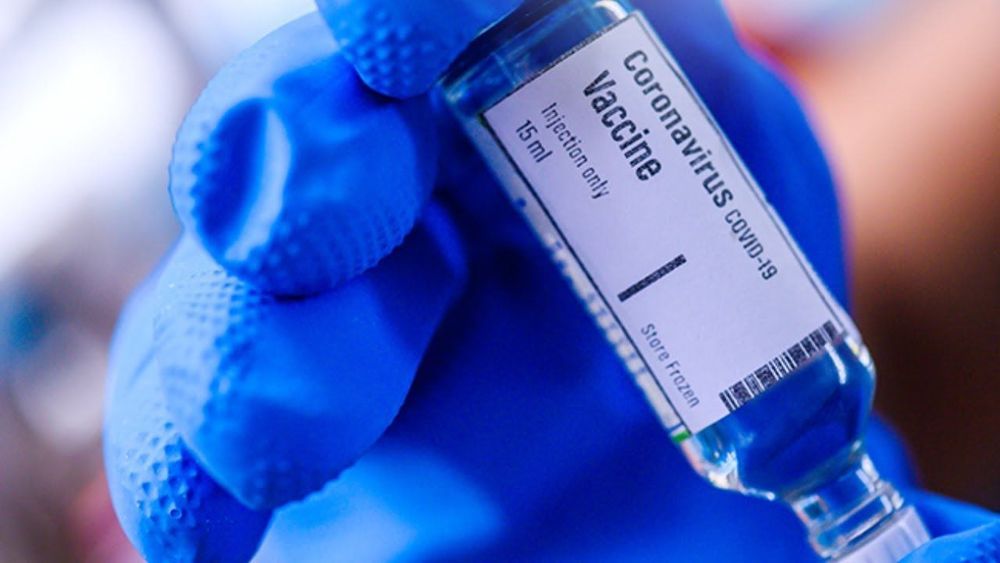Aug 24, 2020
New UK space projects to boost global sustainable development receive £3.4 million cash boost
Posted by Malak Trabelsi Loeb in categories: biotech/medical, drones, satellites
💥💥💥💥💥💥💥Humanitarian Day, the UK Space Agency announced £3.4 million of new funding for 10 leading-edge projects, backing UK academics using space to tackle global development problems – from the spread of malaria to human trafficking and forced labor. In 2018, there were an estimated 228 million cases and 405,000 deaths from malaria alone.
These projects will develop solutions to global challenges that will open up new opportunities for UK space expertise to help countries overseas to deal with myriad problems. Among the others being backed are space-based solutions that will help protect wildlife habitats in Kenya and another that will improve resilience to flooding in Bangladesh, which is suffering the most prolonged monsoon rains in decades.
On World Humanitarian Day, the UK Space Agency announced £3.4 million of new funding for 10 leading-edge projects, backing UK academics using space to tackle global development problems – from the spread of malaria to human trafficking and forced labor. In 2018, there were an estimated 228 million cases and 405,000 deaths from malaria alone.

